15 Nights / 16 Days
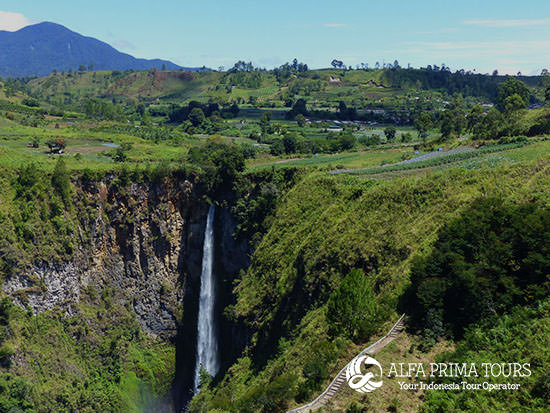
Sumatra (Indonesian: Sumatera) is an island in western Indonesia and part of the Sunda islands.It is the 6th largest island in the world, an area of 473,481 square km, and a population of nearly 55 million people. The people of Sumatra are multi-lingual, multi-diverse and multi-religious, there are over 52 languages spoken.
A majority of the people in Sumatra are Muslims(87%) while 10% are Christians, 2% are Buddhist and 1% Hindu. Sumatra has a wide range of vegetation types which are home to a rich variety of species, including 17 endemic genera of plants.Unique species include the Sumatran Pine which dominates the Sumatran tropical pine forests. Sumatra is home to 201 mammal species and 580 bird species such as the Sumatran ground Cuckoo, the island has about 300 freshwater fish species as well.
Famous are the Sumatran tiger, elephant and orangutan, in 2008 the Indonesian government announced a plan to protect Sumatra’s remaining forests with its incredible flora & fauna. Sumatra is the largest producer of Indonesian coffee, small-holders grow Arabica coffee in the highlands while Robusta is found in the lowlands. Arabica coffee from the regions of Gayo, Lintong and Sidikilang is typically processed using the Gilling Basah(wet hulling) technique which gives it a heavily body and low acidity.
Today you arrive in Medan, the main city in northern Sumatra. Depending on arrival time you’ll get a short city tour of Medan visiting the Maimun palace built in 1888 in Malayan and Middle-East style and belonging the sultan of Deli. At the opposite of the palace is Mesjid Raya (Grand Mosque Almashum) built in the same period of the Maimun palace. The last visit is one of Medan’s finest Chinese temple, Vihara Gunung Timur. Afterwards drive to Bukit Lawang, a small tourist village popular with its rehabilitation centre of orang utan. It is located at the edge of Gunung Leuser National Park, one of the largest national park in the world containing over 800,000 ha of virgin rainforest. It is not far (approx 95km) but because the road are quite poor the drive will take about 3 hours. You’ll pass by landscape with views of oilpalm plantation and exotic countryside. Upon arrival, check-in to your accomodation and free to relax. Enjoy the scenery from the veranda of your hotel room.
First orang utan tour. You’ll visit the feeding platform where semi-wild orang utans are fed and trained to live in the wild. It is a marvelous sight to see the orang utans coming out of the forest by swinging freely from branch to branch. In the fruit season the orang utans may not come out as they may get enough foods from the forest but it happens not often. After the feedings, jungle walk approx 6 hours deeper in the park to explore more tropical flora and fauna. You’ll walk via small often muddy and hilly paths, seldom flat walking. Good physical fitness is required. A bit hard but worth it. It gives you a big chance to see exotic plants, birds, wild orang utans, gibbons and other monkeys. Simple packed lunch on trails. Your campsite lies by the riverside. It is authentic and basic. Tents are bamboo shells covered with tarpaulins stretched over a branch. The front and back of tent are so open, but offering adequate protection against the rain. A real jungle camp!
Day 3 : Back to Bukit Lawang – Jeep trip to Tangkahan Final trek of your rainforest adventure and return to Bukit Lawang village. On the way you probably still encounter tropical wildlife. Upon arrival, short rest and then jeep trip to Tangkahan, a beautifully remote jungle settlement on the other side of Gunung Leuser national park. The trip takes about 3-hours passing by rural areas and plantation tracks, a bit bumpy drive but great fun. Upon arrival, check-in to your rainforest lodge and relax.
Experience time with the biggest mammal in the world. You’ll take one hour elephant riding on a comfortable howdah through the forest path. Steep slopes and dense vegetation will bring you the excitement of the jungle. After the ride, join and help mahouts bathe the elephants in the river. You are allowed to wash and scrub them. Once they are finished, then your turn. The elephants will spray you water. Nice shower! After elephants, safari river. You’ll float down the river on car tube (tubing) till waterfall. Afterwards walk back to your accomodation.
Morning drive approx 6 hours to the cool and picturesque hill town Berastagi (1300m), the setting dominated by two active volcanoes Sinabung (2417m) and Sibayak (2172m). It is the homeland of the Batak Karo, one of the six Batak tribes that inhabit the province of North Sumatra. The first two hours, driving over bumpy plantation tracks. Then an asphalt road till Berastagi. Stop and wander around local fruit market before check-in to hotel.
Early start is recommended as you have more chance for an open sky without too much clouds. You start with a half hour drive and continuing walking following a broad and steepy road. You will be surrounded by forest and often hear the calling of the black siamang. After a short while the path gets narrow and you find yourself surrounded by mountain vegetation. Last path you’ll walk between rocks until you reach the edge of crater where you can see the yellow fumarols. Views are great! You return the same way or continue climbing a bit and then follow a stair (in bad condition) all the way until you reach the hotsprings man made pool of Raja Berneh where you can soak your sore muscles.
Scenic drive to lake Toba, one of the deepest and largest crater lake in the world with stop at Dokan, a small Batak Karo village with a number of traditional houses that are still being used in where eight families living together in every house. Each house has 4 hearths inside, shared by two families each. It is dark and smoky inside, to keep away insects as well as to ward off evil spirits. Proceed to Sipiso piso waterfall (literally means ‘as sharp as knife” waterfall) and Rumah Bolon (the long house of king Batak Simalungun, another Batak tribe). The buildings are very impressive and nicely situated, however no longer inhabited. You can enter the palace or one of the other buildings and find out how the many wife’s of the king spend their days. From this site you will continue following the lake and arrive in Parapat somewhere afternoon. The Parapat is a small town on shore of lake Toba. From here you will cross the lake on about 45 minutes to Samosir island using public boat. It is enjoyable trip. The boat will probably stops several times to drop other passengers. You will be dropped right in front of your accomodation located on peninsula of Tuktuk. Tuktuk, as well as the rest of Samosir island is a very relaxed place with enough accomodation situated right on the lake.
You’ll explore the natural beauty and cultural aspects of Batak Toba by visiting Ambarita village where the remnant megalithic culture of Batak Toba lies in front of traditional houses. Continue to Simanindo to see folkdance Tortor performed by the villagers. Here you also can visit a museum built in typical Batak style. On returning to your hotel, stop at Tomok village to see a very old but nicely decorated sarchopagus, the old tomb of king Batak Toba Sidabutar.
By car or truck you will be taken to a village at higher altitude in the centre of the island. From here you will start a wonderful walk downwards through agriculture fields, rice fields, small traditional villages while enjoying great views of Samosir, lake Toba and Sumatra. The walk ends in the village of Tomok where you can visit a very old and nicely decorated sarcophagus, the old tomb of king Sidabutar. From here you will be taken back to your hotel.
Across back to Parapat and drive up to Sipirok with view of marching mountains Bukit Barisan, a long but beautiful trip. First stop will be at a typical Batak village Jangga Dolok/Lumban Binanga. Next stop at colourful market place in Balige and sulphur hotspring in Sipoholon.
The journey today is the longest drive from all the routes, about 10 hours. Long but worthwhile to exhibits the inner part of Sumatra. The scenery of mountains, rivers, valleys and traditional villages will relieve you from weariness. Enroute stop at Sijornih waterfall and Sihepeng to see a small herb garden where several kinds of herbs are grown (kardemon, ginger, vanille etc). Here, often there is also a short tailed monkey present who are specially trained to collect coconuts. Next stop at moslem school. See how moslem children go to school and live nearby in very small wooden houses and finally in the late afternoon across the equator. From the equator it takes another 1,5 hours to reach the higland town of Bukittinggi (literally “a high hill). It is the heart of the Minangkabau tribe that inhabits the province of West Sumatra. The specialty of the Minangkabau is their matriarchal and matrilineal society.
Starting from Panorama and descending down to Sianok, a 150-meter deep canyon which lies in the outskirts of Bukittinggi. It is an incredibly picturesque area and lush green with river winding through the bottom of steep-walled canyon. It is an easy walk which takes approximately two hours through small jungles and bushes. The walk ends in Koto Gadang, a silver village. Explore how the people work on hand-made silver before leaving for the lake Maninjau. This lake is one of Sumatra’s famous sight. You will descend the road with 44-sharp curves to get to the lake. The scenery is beautiful. Afternoon back to Bukittinggi.
Drive approx 4 hours southwards to Corocok, a fishing harbor at the opposite of Cubadak island. Enjoy the beautiful scenery of Hindian ocean as long as the way. From Corocok, a few minutes boat ride to get to the island. Cubadak is a private island with white sandy beach located in Hindian ocean off Sumatra island. It is of volcanic origin, has an area of 15 square km, is uninhabited except for a few fishermen’s huts, and is completely covered by a native rainforest. Also it is completely surrounded by a coral reef and in the sea live innumerable varieties of coloured reef fishes.
After your breakfast, you will have your own time to explore the island.
After your breakfast, you will have your own time to explore the island.
After breakfast, you will be back to the mainland and directly to Padang airport.
We are Dealing in Tour & Travels Services. Read More...
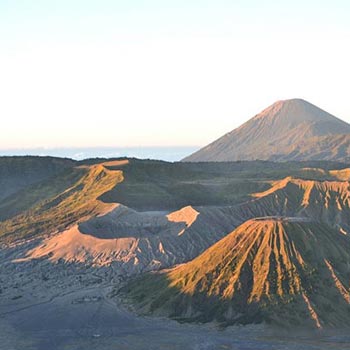 15D/14N
15D/14N
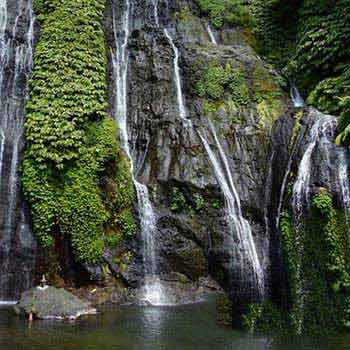 15D/14N
15D/14N
Jakarta - Bali - YOGJAKARTA - MOUNT BROMO EAST JAVA
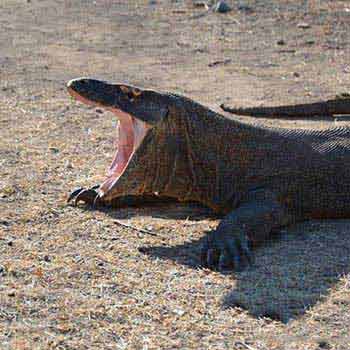 13D/12N
13D/12N
Jakarta - Surabaya - Bali - MOJOKERTO - BAJAWA FLORES - RINCA
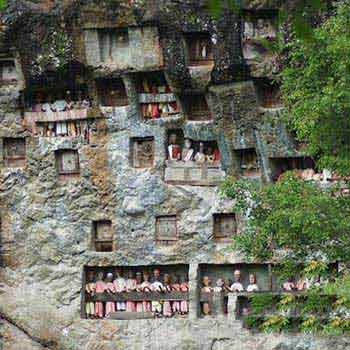 11D/10N
11D/10N
Java – Sulawesi – Bali Package
Jakarta - Surabaya - Bali - JOGJAKARTA - MOJOKERTO
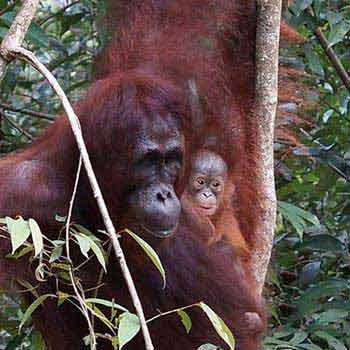 20D/19N
20D/19N
Borneo – Java – Bali – Komodo Pack..
Jakarta - Semarang - Bali - PANGKALAN BUN - KUMAI - MOJOKERTO - KALIBARU EAST JAVA ..
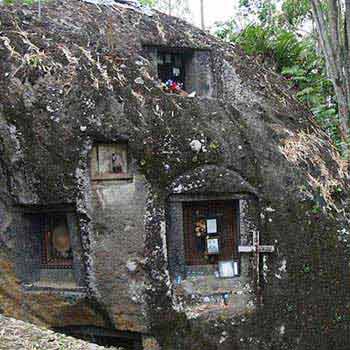 17D/16N
17D/16N
Sulawesi – Papua – Java – Bali Pac..
Jakarta - Makassar - Bali - JAYAPURA PAPUA - BALIEM - MOJOKERTO - BROMO EAST
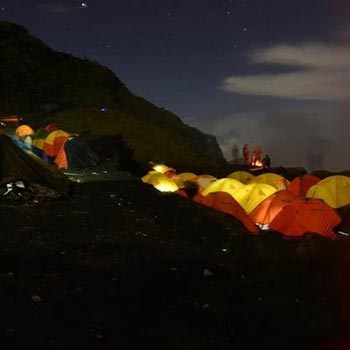 18D/17N
18D/17N
Bali – Lombok – Flores Adventure Pac..
Lombok - Bali - RINJANI - LABUAN BAJO - RINCA - TADO - MONI
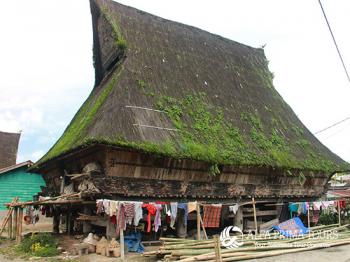 14D/13N
14D/13N
Medan - Bali - TANGKAHAN - BUKIT LAWANG - SAMOSIR - PARAPAT - JOGJAKARTA - WAREBO
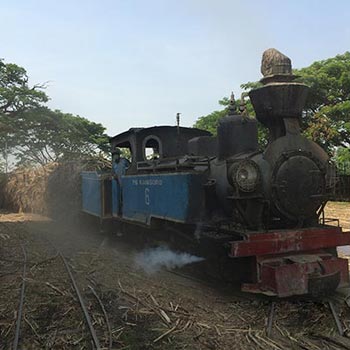 15D/14N
15D/14N
Jakarta - Yogyakarta - Solo - Surabaya - TEGAL - UNGGARAN - AMBARAWA - MADIUN - CEP..
 16D/15N
16D/15N
New Delhi - Bikaner - Jaisalmer - Jodhpur - Ranakpur - Jaipur - Agra - Mandawa - Ti..
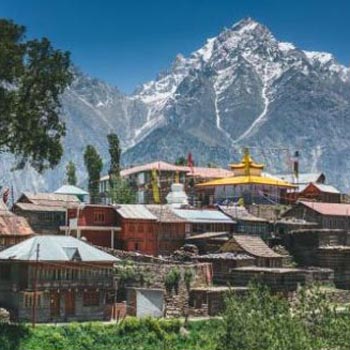 16D/15N
16D/15N
Shimla,Kinnaur,Manali,Amritsar Romantic ..
Shimla - Kinnaur - Manali - Amritsar
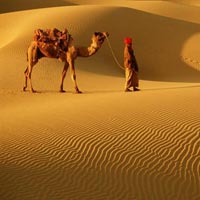 16D/15N
16D/15N
Bikaner - Jodhpur - Jaisalmer - Mount Abu - Chittorgarh - Pushkar - Ajmer - Jaipur ..
 16D/15N
16D/15N
Golden Triangle with Yoga Meditation Tour
New Delhi - Agra - Jaipur - Rishikesh - Haridwar
 16D/15N
16D/15N
16 Days North & South India Tour
Agra - Jaipur - Bangalore - Periyar - Mumbai - Mahabaleshwar
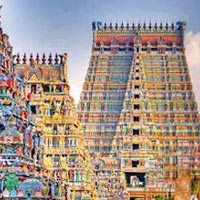 16D/15N
16D/15N
Mumbai - Goa City - Belgaum - Bagalkot - Badami - Hassan - Mysore - Bangalore - Hos..
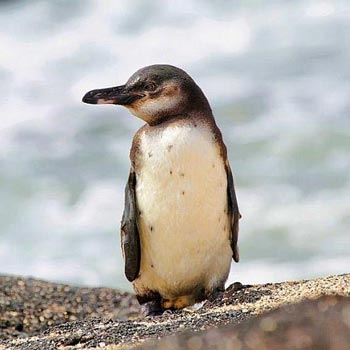 16D/15N
16D/15N
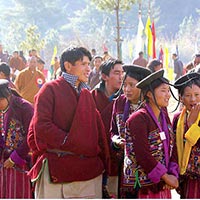 16D/15N
16D/15N
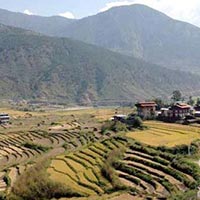 16D/15N
16D/15N
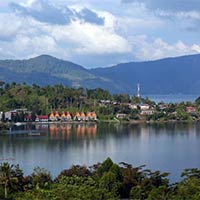 3D/2N
3D/2N
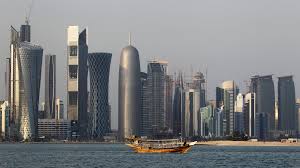 8D/7N
8D/7N
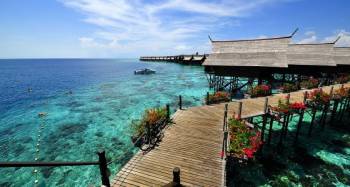 3D/2N
3D/2N
3 Day 2 Night Mabul Island Semporna Saba..
Sabah - Kota Kinabalu - Kajang - Petaling Jaya - Georgetown
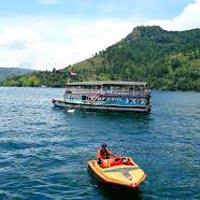 4D/3N
4D/3N
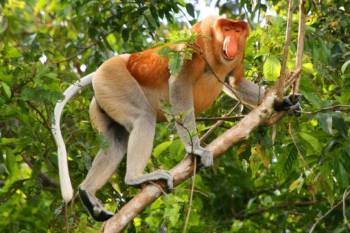 1D/0N
1D/0N
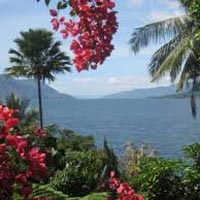 4D/3N
4D/3N
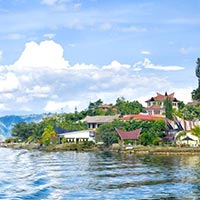 5D/4N
5D/4N
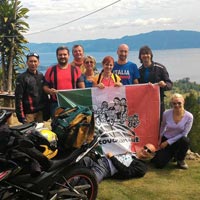 11D/10N
11D/10N
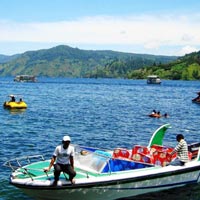 5D/4N
5D/4N